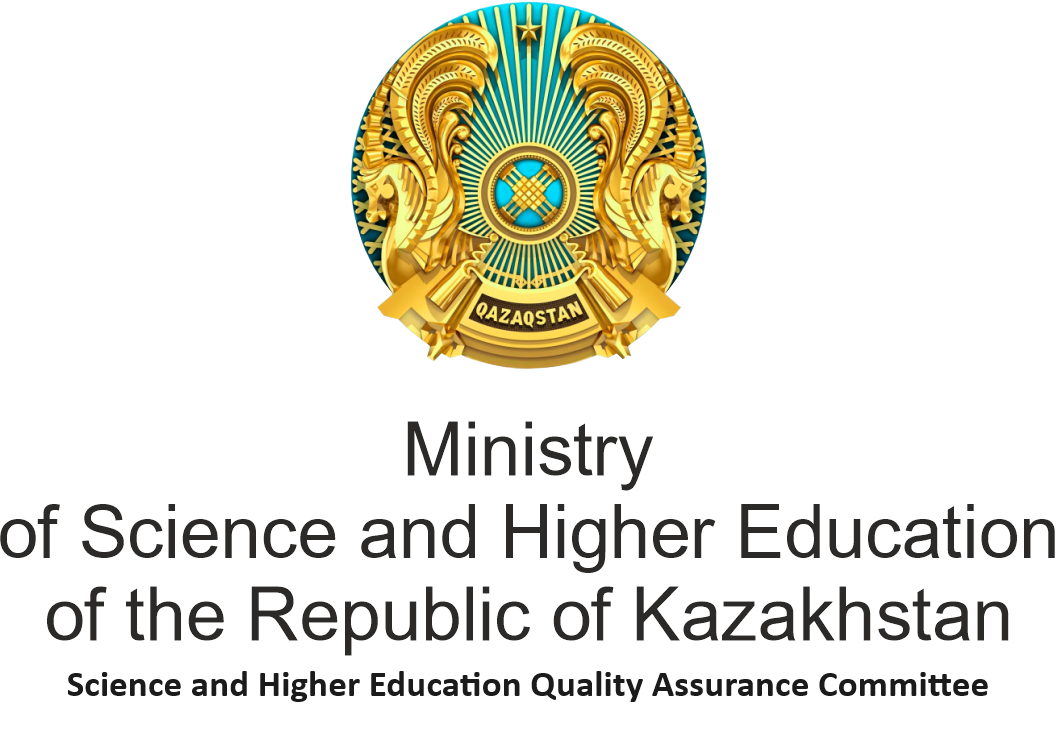EDITORIAL POLICY
1 General Provisions
GreenTech is a peer-reviewed open-access electronic journal, registered on _______ ___, 2025, with ISSN (Online): No. __, dated _____ 202__.
Language: English
Frequency: quarterly (4 issues per year)
Publisher's name: “Sh. Ualikhanov Kokshetau University” NJSC, Kokshetau, Republic of Kazakhstan
Thematic areas (scope of application): Environmental Protection and Agriculture
Dissemination area: online
Types of manuscripts: articles and/or reviews
DOI Registration Agency: ____
Goal: To provide a platform for discussing current issues in ecology and agriculture, exploring solutions, and disseminating scientific information within the global academic, expert, and business communities.
Conditions for publication of manuscripts
To ensure the integrity of scientific research, authors should adhere to international standards of scientific publications:
- articles (reviews) should correspond to the stated purpose and thematic focus of the journal;
- articles (reviews) should contain their own conclusions and intermediate or final results of research, experimental and analytical activities, containing the author's developments and findings. A reference to the source must necessarily accompany borrowings;
- the authors must guarantee that the article (review) is original, has not been previously published on another resource in the current or similar form, has not been transferred to other publishers; the interests related to copyright and publication are settled, translations of published articles (reviews) into other languages are not accepted;
- each article (review) ensures reproducibility of the results of the study by describing the methodology of the study, indicating the origin of equipment and materials, methods of statistical processing of data and other ways to ensure reproducibility;
- adding or removing authors after the article has been accepted for publication is not allowed;
- when using ChatGPT and/or artificial intelligence (AI), the following COPE position statement is strictly required: «Authors who use AI tools when writing a manuscript, creating images or graphical elements of a manuscript, or collecting and analyzing data should be transparent by disclosing in the Materials and Methods section (or similar section) of the manuscript how the AI tool was used and which tool was used. Authors are solely responsible for the content of their manuscript, even those parts of the manuscript created with the AI tool, and are thus liable for any breach of publication ethics».
The journal has an editorial board, which includes leading Kazakhstani and foreign scientists, an editorial policy aimed at openness and accessibility of authors' publications, publication ethics, and a website.
2 Peer reviewing
Manuscripts received by the Editorial Board that comply with the Rules for Authors are checked for plagiarism, including in international databases, using a licensed system based on StrikePlagiarism.com, after which they are sent for review.
GreenTech uses a double-blind peer review process, conducted by at least two reviewers, including those with academic degrees (such as Candidate of Sciences, Doctor of Sciences, Ph.D., etc.), publications in peer-reviewed journals, or sufficient experience in the same field as the manuscript under review, including foreign scholars and/or specialists. Each reviewer may reject further consideration of the article (review) in case of a specific conflict of interest, as well as if plagiarism is detected without proper citation of the source. Based on the results of the review, the reviewer provides recommendations for the article (review). Each reviewer’s decision must be substantiated:
- Accept for publication;
- Minor revisions recommended;
- Significant revisions required according to the suggestions below;
- Not accepted for publication.
If the reviewer recommends the manuscript for publication after addressing the deficiencies, the author reviews the feedback through the journal's electronic system and uploads the revised version of the manuscript, which includes corrections and/or arguments refuting the reviewer's opinion. Revisions must be submitted as soon as possible.
If the author refuses to revise the manuscript, they must inform the editor in writing or orally about their decision to withdraw the manuscript from publication.
If the revised version is not submitted by the authors within 30 days from the date of the review, the editorial board will remove the manuscript from the list, despite the absence of information regarding the manuscript's improvement. In such cases, the authors will be notified about the cancellation of further consideration of the manuscript due to the expiration of the revision deadline.
A manuscript that receives a positive review from two reviewers will be published in the order it was accepted for publication.
If one reviewer gives a positive decision on the manuscript and the second gives a negative one, the editorial board has the right to send it to a third reviewer. If the third reviewer gives a positive decision, the final decision regarding the acceptance/rejection of the manuscript is made by the editor-in-chief of the journal.
In the case of two negative reviews, the manuscript is rejected.
The accepted manuscript is sent for editing, typesetting, author review, and final publication.
Manuscripts submitted by members of the editorial board undergo the same strict double-blind peer review process as all other submissions. At least two external reviewers, who are not members of the editorial board, are appointed to review these manuscripts to ensure an impartial and objective evaluation.
Editorial board members must disclose any potential conflicts of interest when submitting a manuscript. If a member of the editorial board submits a manuscript, they must abstain from any editorial decisions related to their submission.
The final decision on manuscripts submitted by members of the editorial board is made by an independent editor who is not affiliated with the authors of the manuscript.
3 Archiving and Open Access Policy
Starting from 2025, GreenTech provides open access to its content on the official journal website (https://greentech.kz). Readers and authors can access electronic versions of the current issue and archives from previous periods. The published content is archived in the PKP Preservation Network for preservation.








